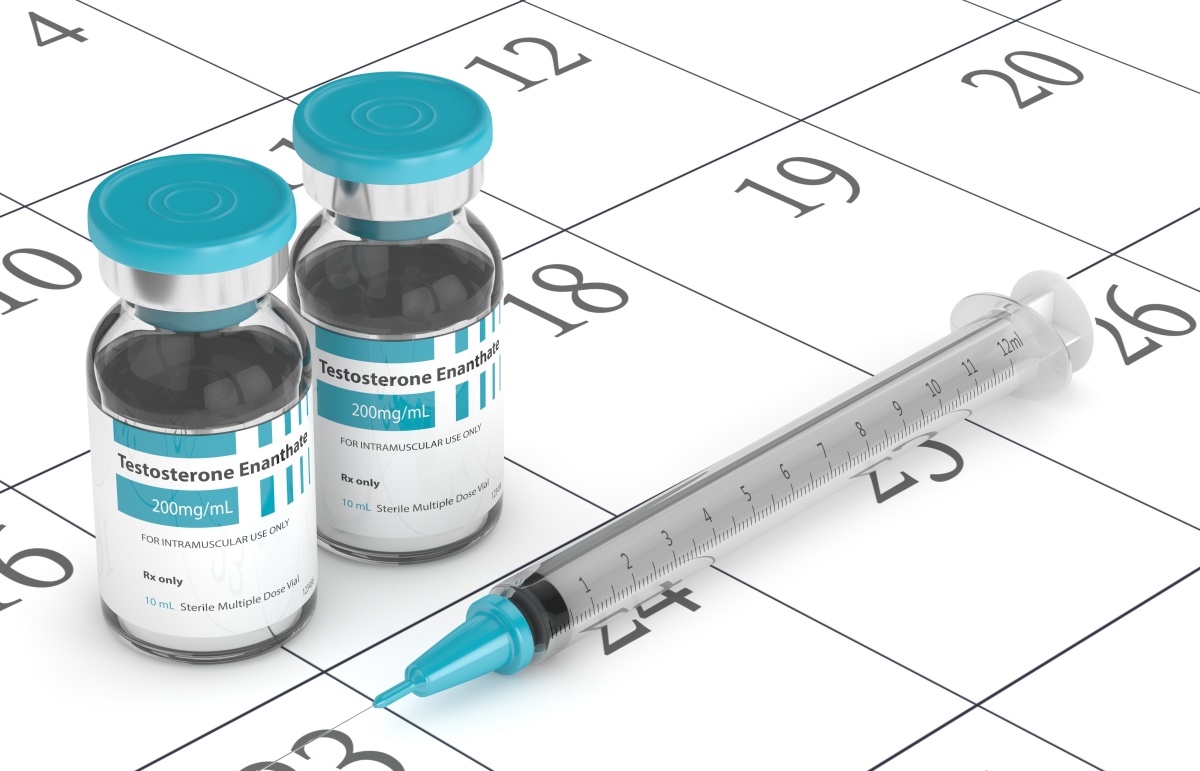Is Testosterone a Performance-Enhancing Drug?

Is Testosterone a Performance-Enhancing Drug?
In the world of sports, the term performance-enhancing drug (PED) often sparks controversy, debate, and strong opinions. Among the many substances that fall under this umbrella, testosterone frequently finds itself at the center of attention. But is testosterone truly a doping agent, or is there more nuance to the story?
What Is Testosterone?
Testosterone is a naturally occurring hormone, primarily produced in the testes in males and in smaller amounts in the ovaries in females. It plays a crucial role in developing male characteristics such as muscle mass, strength, bone density, and body hair. It also affects mood, energy levels, and libido.
Everyone has testosterone in their body. However, when used in synthetic or supplemental form—especially in doses that exceed natural levels—it can drastically enhance physical performance, which is why it raises red flags in professional sports.
When Does It Become Doping?
The key issue isn’t testosterone itself, but how much and why it’s used.
Athletes who suffer from medically diagnosed low testosterone levels may be prescribed testosterone replacement therapy (TRT). In such cases, it’s considered a medical treatment, not doping—provided it’s approved and documented by sports regulatory bodies.
However, when testosterone is taken without medical necessity and used to boost performance, increase muscle mass, or speed up recovery, it is considered doping. Most sports organizations, including the World Anti-Doping Agency (WADA), ban the use of exogenous testosterone unless there’s an approved Therapeutic Use Exemption (TUE).
Why Do Athletes Use It Illegally?
The appeal is simple: testosterone can significantly improve strength, endurance, and recovery. For athletes seeking an edge, the benefits can be tempting. But the risks—both in terms of health and reputation—are high.
Using testosterone without medical supervision can lead to side effects such as:
-
Hormonal imbalance
-
Liver damage
-
Mood swings
-
Cardiovascular problems
-
Infertility
And of course, getting caught can mean suspensions, fines, or lifetime bans.
The Grey Area: Natural vs Synthetic
Interestingly, there’s a blurry line between what’s “natural” and what’s considered “enhancing.” Some athletes may have naturally high testosterone levels, giving them an edge. That, however, is not against the rules—it’s just genetics.
Synthetic testosterone, on the other hand, can be detected in doping tests, especially when levels exceed what the body can naturally produce.
Conclusion
So, is testosterone a performance-enhancing drug?
Yes—when used beyond natural levels or without a legitimate medical reason, testosterone is classified as a doping agent.
But context matters. It can be a lifesaving hormone therapy for some and a banned substance for others. The difference lies in how, why, and when it’s used.
In the end, fairness, transparency, and athlete safety should guide the conversation.


